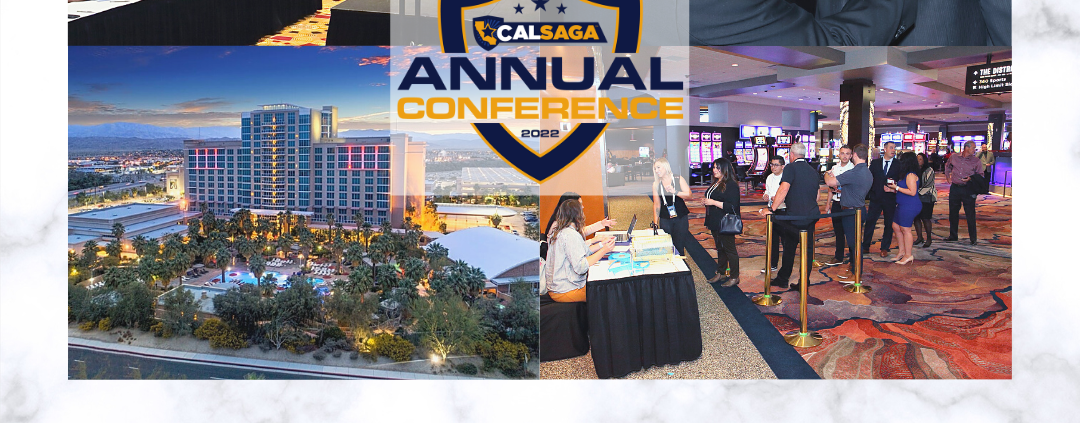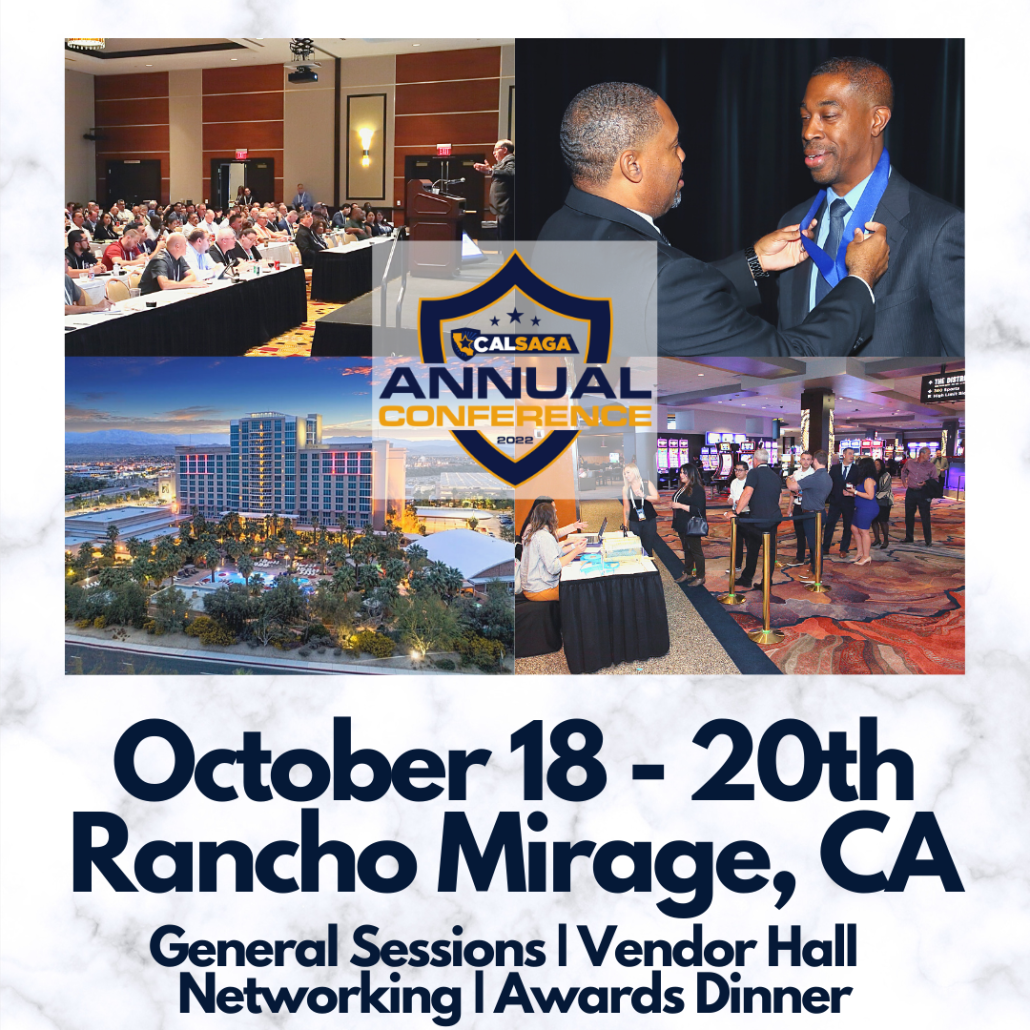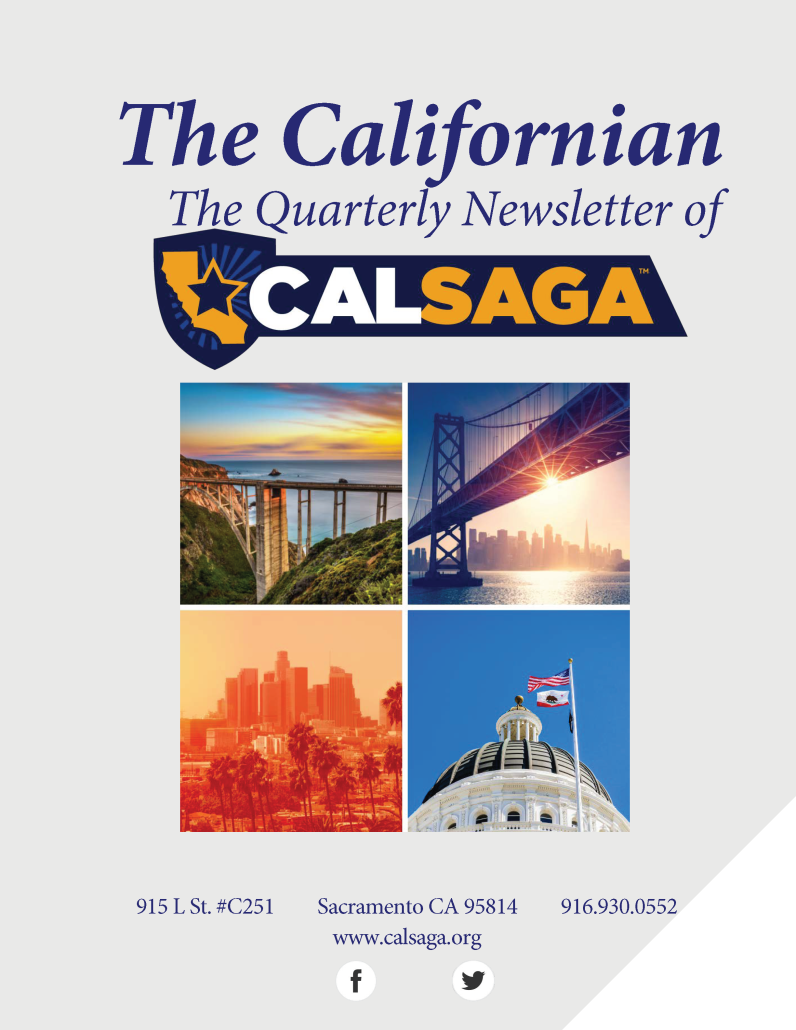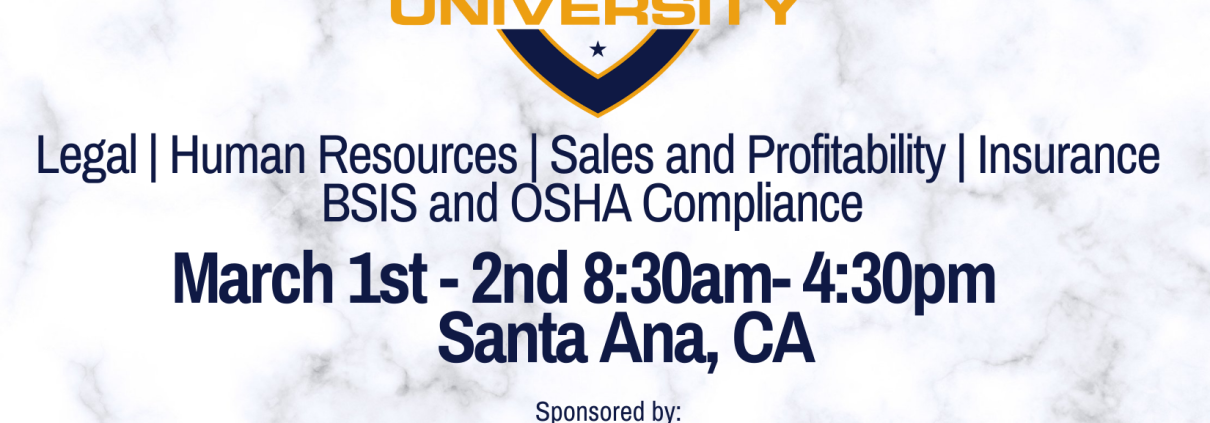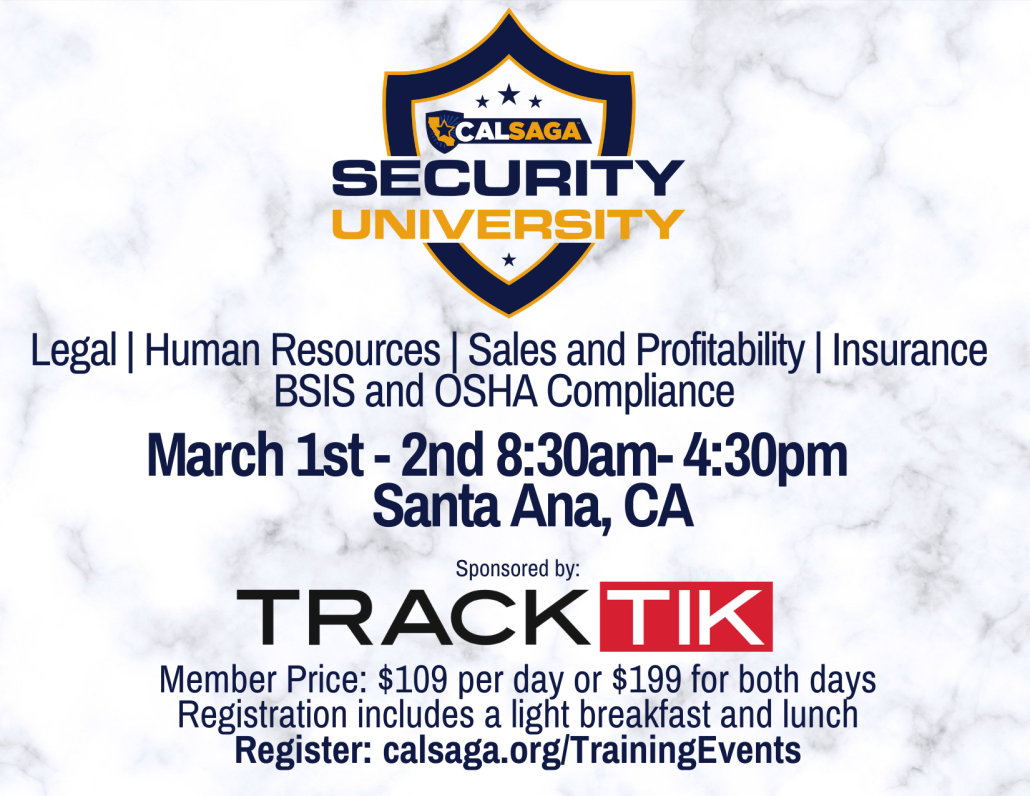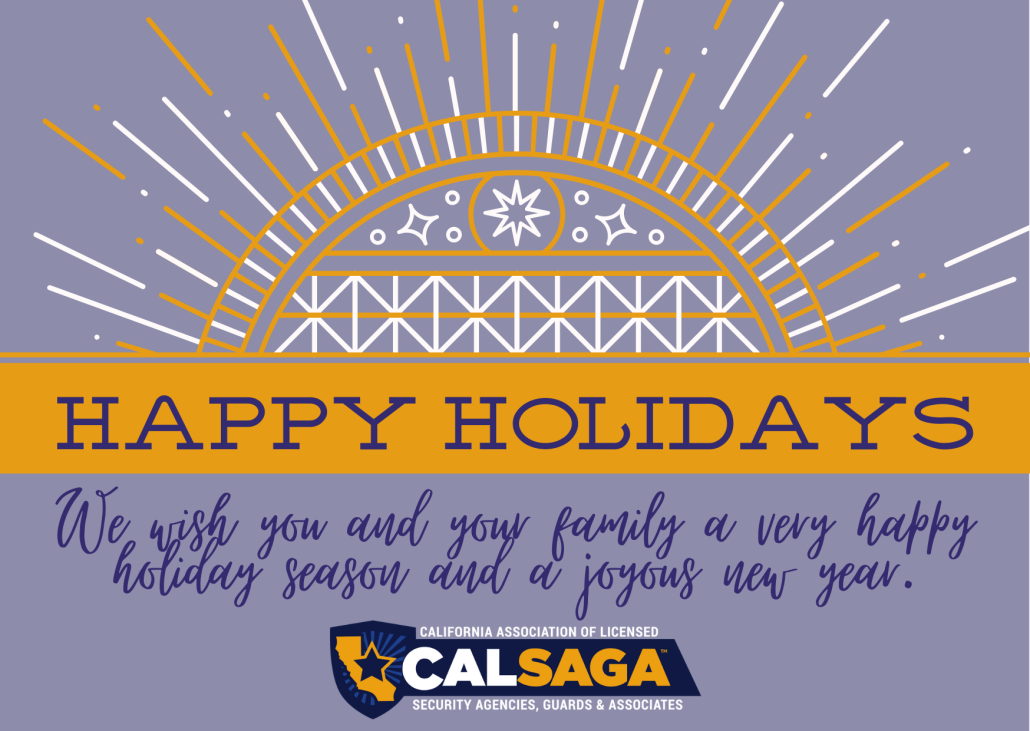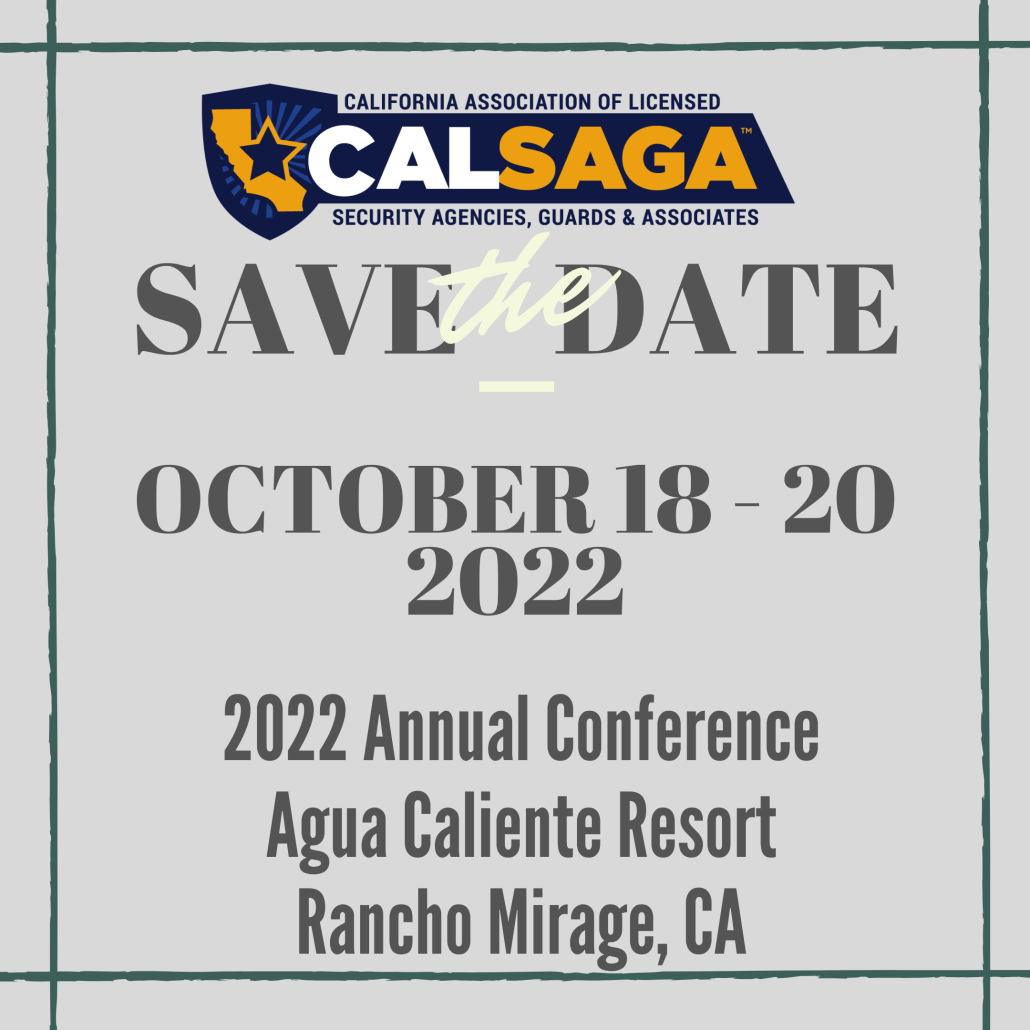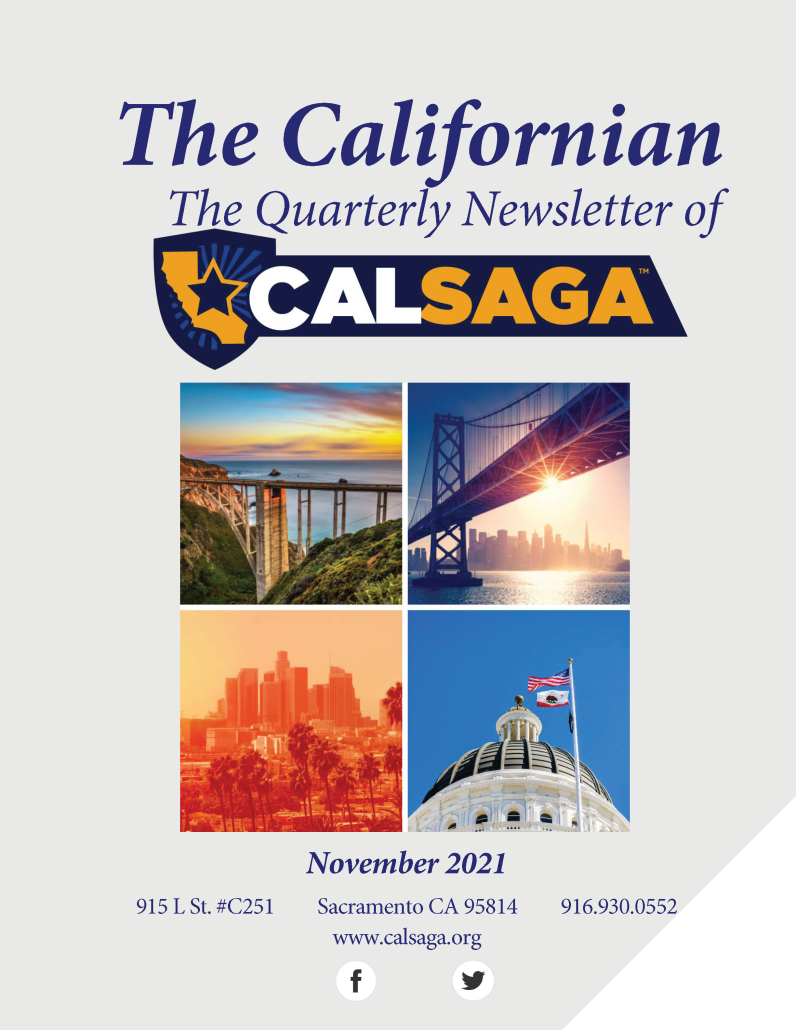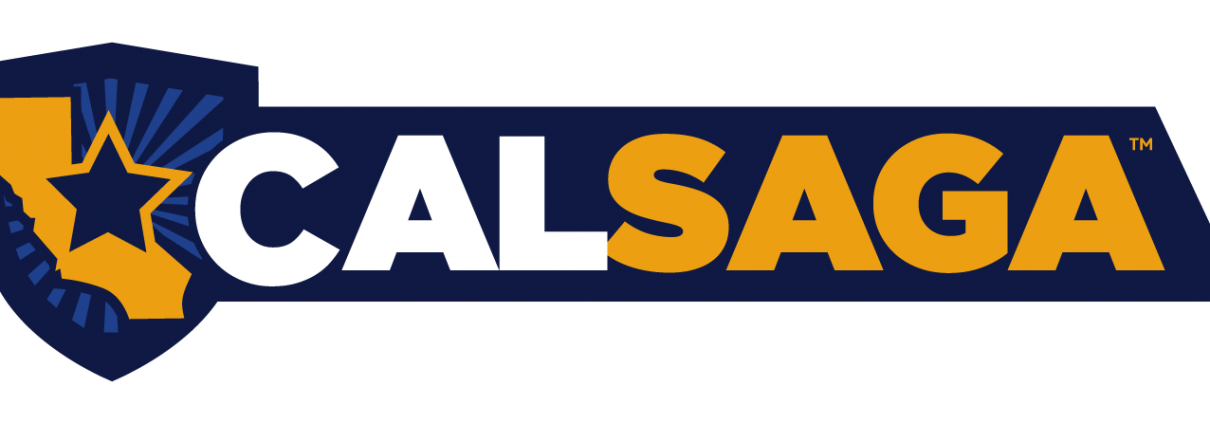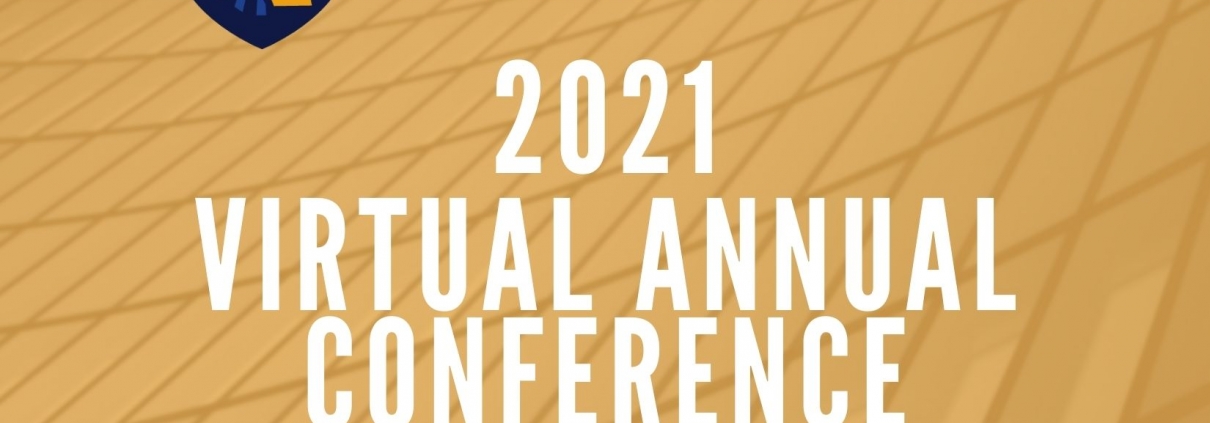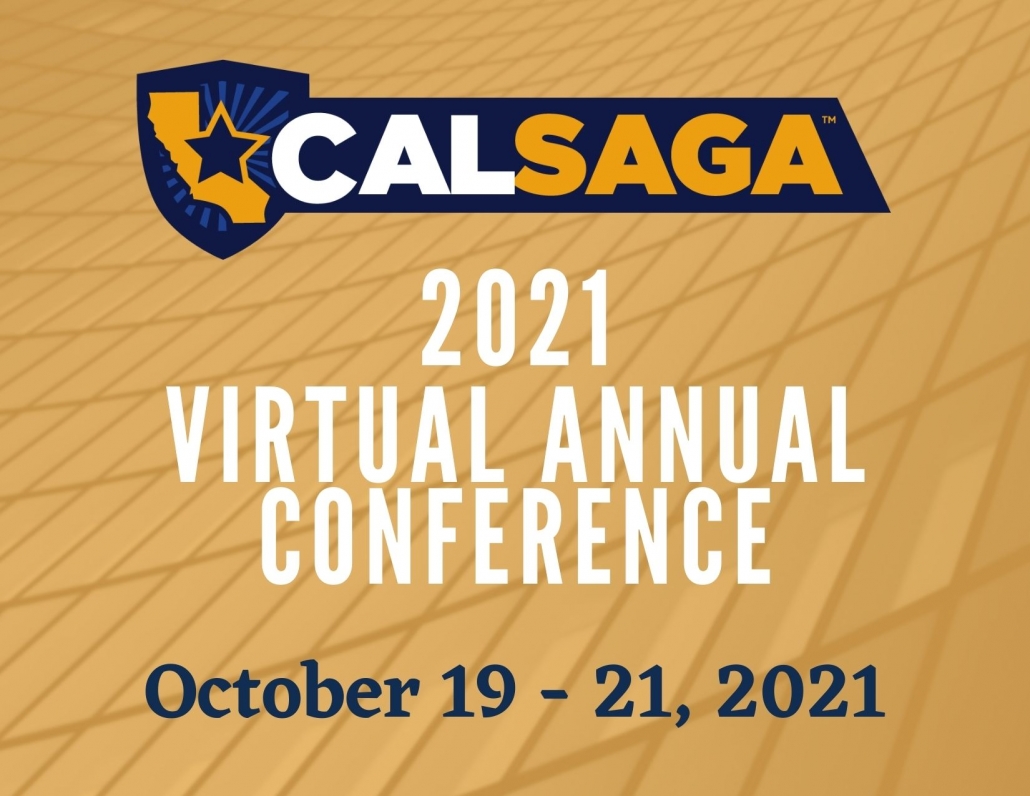CALIFORNIA TIPS THE SCALES: EMPLOYERS’ NEW OBLIGATIONS TO COMPLY WITH PAY TRANSPARENCY AND PAY DATA REPORTING REQUIREMENTS
On September 27, 2022, Governor Gavin Newsom signed Senate Bill 1162 (“SB 1162”), an expansive pay transparency and pay data reporting bill requiring employers to include pay ranges in all job advertisements effective January 1, 2023. SB 1162 also makes significant changes to California’s existing pay data reporting requirements.
What Do California Employers Need To Know About SB 1162?
SB 1162 has two components that will be codified under Labor Code section 432.3 and Government Code section 12999. The first relates to pay transparency and the second to the pay data report that is submitted to the Civil Rights Department (“CRD” – formerly the Department of Fair Employment and Housing).
1. Pay Transparency (Labor Code section 432.3) – Employers must comply with certain pay scale transparency requirements:
a. Employers with 15 or more employees must include the pay scale for a position in any job posting. This applies even if the employer engages the services of a third party to announce, post, publish or otherwise make a job posting known.
b. All employers must, upon reasonable request, provide the pay scale for a position to an applicant applying for a job (this was already a law but is a good reminder).
c. All employers must, upon request, provide an employee with the pay scale for the current job for which they are employed.
d. Employers must also maintain records of a job title and the wage rate history for that job for the each employee for the length of the employee’s employment and then for three years after the employee’s separation of employment. The Labor Commissioner can audit these records.
As to what constitutes a pay scale, it simply means “the salary or hourly wage range that the employer reasonably expects to pay for the position.” If the employer pays a set salary or hourly wage, then the employer should include that amount in the job posting.
As a reminder, employers may not inquire about an applicant’s salary history. What can employers still do? Employers can still inquire about an applicant’s salary expectations.
2. Pay Data Reporting (Government Code section 129999) – Employers with 100 or more employees (“Covered Employers”) were already required to report pay data to the CRD and could previously have submitted the same EE0-1 report that they submitted to the Equal Employment Opportunity Commission (“EEOC”). Under amended Government Code section 12999, Covered Employers will have to meet some additional requirements. Below are some of the pertinent (but not all) changes:
a. Covered Employers must submit the pay data report by the second Wednesday of May of each year, rather than in March as previously required;
b. The report must include the number of employees by race, ethnicity, and sex for 10 job categories listed in the Code.
c. The report must also include the mean and median hourly rate for each job category for each combination of race, ethnicity, and sex.
d. Covered Employers who contract with labor contractors must provide a separate report to the CRD.
e. Employers can pick any pay period between October 1 and December 31 of the reporting year.
What’s The Penalty for Non-Compliance?
It is incredibly important for employers to comply with these requirements, not just because it is the law, but also because non-compliance comes with penalties.
For violations of Labor Code section 432.3, an aggrieved person may file a written complaint with the Labor Commissioner within one year after the person learns of the violation. Upon finding of a violation, the Labor Commissioner may assess penalties between $100 and $10,000 per violation!
For violations of Government Code section 12999, the CRD may assess penalties for a failure to file a report up to $100 per employee for the first violation and up to $200 per employee for each subsequent violation (for an employer with 100 employees, that is $10,000 for the first violation and $20,000 for each subsequent violation).
Employer Takeaway: Comply! Comply! Comply! If you do not already have data regarding pay scale for various positions, you should start compiling it now so that you are ready when an employee or applicant inquires about the pay scale for a position or when you need to include the pay scale on a job posting. For the pay data report to the CRD, since the data need only be for one pay period, employers should start compiling this information now so you are prepared to report it in May. As always, the attorneys at Bradley, Gmelich & Wellerstein, LLP are here to answer any questions you may have about this new law or its impact on your business.
 Saba Zafar is Special Counsel in Bradley, Gmelich & Wellerstein LLP’s Employment Law Department. Ms. Zafar has over a decade of experience as an attorney, primarily in employment law. Ms. Zafar focuses her practice of providing strategic advice and counsel in all aspects of employment law and workplace matters, including drafting and implementation of HR policies and procedures, Employment Handbooks, providing advice to clients on personnel issues as well as general business matters.
Saba Zafar is Special Counsel in Bradley, Gmelich & Wellerstein LLP’s Employment Law Department. Ms. Zafar has over a decade of experience as an attorney, primarily in employment law. Ms. Zafar focuses her practice of providing strategic advice and counsel in all aspects of employment law and workplace matters, including drafting and implementation of HR policies and procedures, Employment Handbooks, providing advice to clients on personnel issues as well as general business matters.
 Jaimee K. Wellerstein, Esq. is a Partner at Bradley, Gmelich & Wellerstein LLP, and the Head of the firm’s Employment Department. Jaimee concentrates her practice in representing employers in all aspects of employment law, including defense of wage and hour class actions, PAGA claims, discrimination, retaliation, harassment, wrongful discharge, misclassification, and other employment related lawsuits. She also provides employment counseling and training in all of these areas.
Jaimee K. Wellerstein, Esq. is a Partner at Bradley, Gmelich & Wellerstein LLP, and the Head of the firm’s Employment Department. Jaimee concentrates her practice in representing employers in all aspects of employment law, including defense of wage and hour class actions, PAGA claims, discrimination, retaliation, harassment, wrongful discharge, misclassification, and other employment related lawsuits. She also provides employment counseling and training in all of these areas.
Jaimee routinely represents employers in federal and state courts and in arbitration proceedings throughout the state, as well as at administrative proceedings before the Equal Employment Opportunity Commission, the California Department of Labor Standards Enforcement, the United States Department of Labor, and other federal and state agencies.
Jaimee assists as a Legal Advisor to CALSAGA, and is a member of ASIS International. She is rated AV-Preeminent by Martindale-Hubbell, the highest peer rating available. jwellerstein@bgwlawyers.com
About Bradley, Gmelich & Wellerstein LLP
Founded in 2000, Bradley, Gmelich & Wellerstein, LLP is dedicated to providing sound advice and exceptional results for our clients. Our twenty-five plus skilled, dedicated and diverse attorneys represent individuals and businesses of all sizes in a wide variety of business, employment law and litigation matters. www.bgwlawyers.com.

